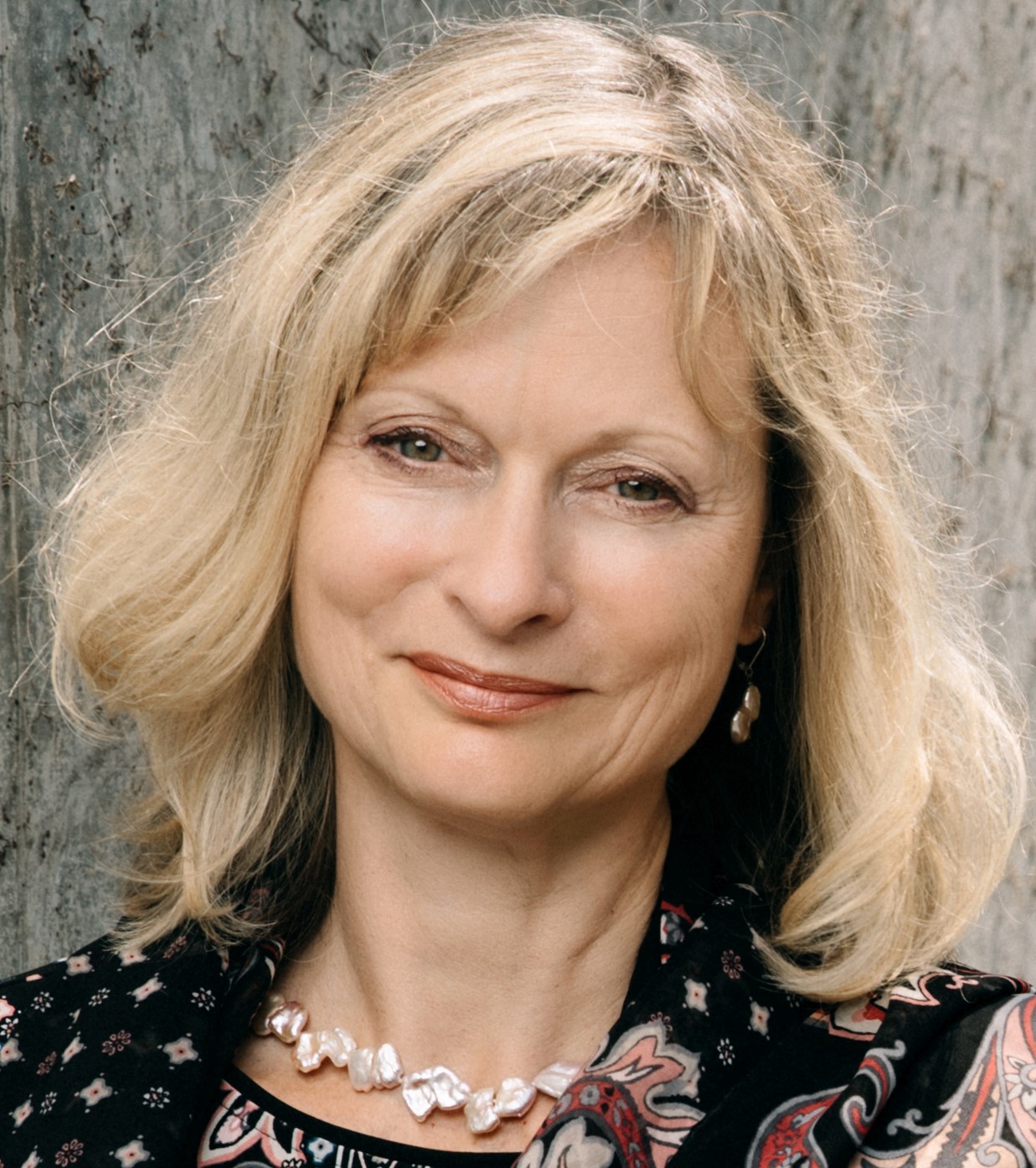The World Bank Global Parliamentary Engagement team held the second in its new Parliamentary Dialogue Series on Accelerating legal equality for women’s economic inclusion in collaboration with the World Bank Gender and Women, Business and the Law teams, the International Monetary Fund Gender team, and the Parliamentary Network on the World Bank and IMF. The livestreamed event provided parliamentarians from around the world with the opportunity to dialogue with gender experts from the World Bank, IMF and from among their peers on the legal barriers to women’s economic inclusion. It was also an occasion for legislators to share local challenges and best practices that could be replicated in other countries.

“Transformative change toward gender equality requires concerted effort by all branches of government, by the private sector, and by civil society. This will require further reforms in laws and policies, further investments, further interventions to shift gender norms, and further audacity to change power relations between men and women.”

More than 50 parliamentarians connected to hear about the World Bank and IMF’s work on gender equality. Hana Brixi, Global Director for Gender, World Bank, shared some of the key findings from the 2022 Women, Business, and the Law report and updates on the World Bank’s Accelerate Equality Initiative, while Ratna Sahay, Senior Advisor on Gender, IMF, gave examples from the recent IMF working paper Tackling Legal Impediments to Women’s Economic Empowerment and introduced the new IMF gender mainstreaming strategy. Speakers stressed the collaborative role of parliamentarians in establishing policy settings and legal frameworks that support women’s economic empowerment. Questions focused on the economic cost of gender inequality, ways to increase women’s representation in parliaments, how to prioritize policies for the most impact, and how parliamentarians could work with international financial institutions to advance gender equality.
Key takeaways:
- Eliminating discriminatory laws and practices is essential to enabling women to unleash their human capital and fully participate in the economy.
- Women’s economic empowerment and equal access to opportunities delivers positive macro-economic outcomes for the country including higher economic growth and greater economic stability.
- In addition to eliminating existing legal barriers to women’s economic empowerment, reforms are needed to incentivize women to fully participate in their economies, change community mindsets regarding women’s societal responsibilities, and hold institutions accountable in achieving results.
- Women’s economic empowerment should not be conflated with human rights as it often is. Rather, it should be catalyzed by those in positions of power, such as patriarchal figures, to instigate societal change for the benefit of all.
- Critical data, including from the World Bank and the IMF, must be made available to all levels of government so that the cost of excluding women from economic participation in terms of the wider impact on GDP is discussed in both the legislative and the executive branches.
Speakers:
- Hana Brixi, Global Director for Gender, World Bank
- Ratna Sahay, Senior Advisor on Gender, IMF
- Rt. Hon. Liam Byrne MP, United Kingdom
- Hon. Shandana Gulzar Khan MP, Pakistan and Chair of Commonwealth Women Parliamentarian
- Hon. Marvi Memon Former MP and Minister, Pakistan
